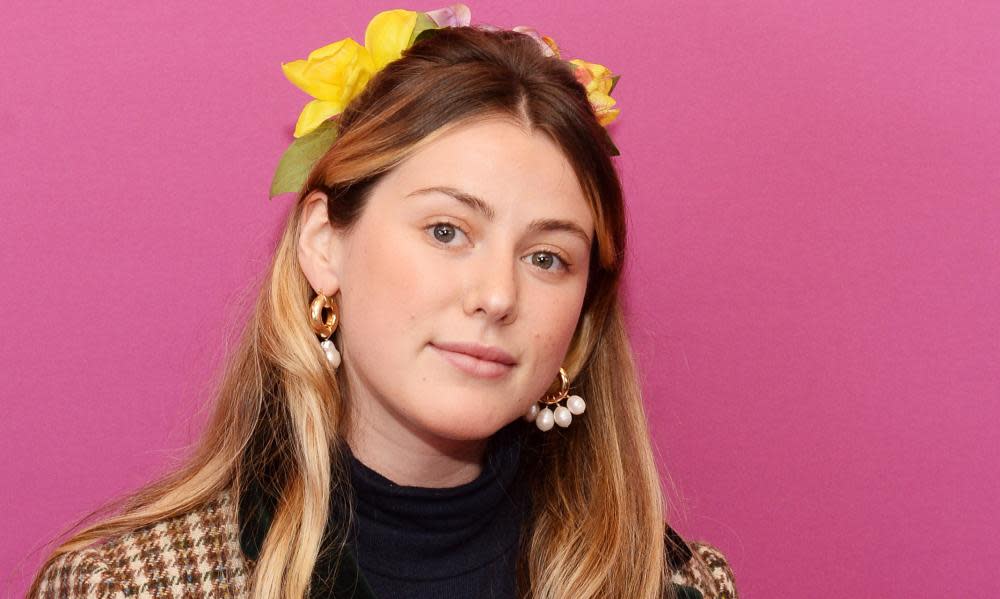After Caroline Calloway: should ghostwriters speak out against their subjects?

Thirty years after ghostwriting Donald Trump’s The Art of the Deal, Tony Schwartz described the experience as like putting lipstick on a pig. He felt a “deep sense of remorse” at helping bring the man who would become president gain wider attention. Andrew O’Hagan famously detailed the extraordinary details of ghosting Julian Assange’s memoir, including watching the WikiLeaks founder eat jam pudding with his hands, before the latter backed out of a £600,000 book deal. This week, the writer Natalie Beach joined the grand tradition of ghostwriters speaking out about their subjects, with a deeply intimate essay in the Cut laying out how she used to ghost everything for her former friend and controversial “influencer” Caroline Calloway: from Instagram captions to the aborted book that once attracted a $375,000 (£300,000) publishing deal, until their relationship broke down irretrievably.
Beach’s account says that after the pair put the book proposal together, the influencer felt unable to write it. Beach says she “bought us time with the publishers by writing a quarter of the manuscript by myself”.
With Calloway now obsessively responding on Instagram to Beach’s essay, and as the internet picks over the details of the story – you can find out if you’re more of a Caroline or a Natalie in the inevitable Buzzfeed quiz – the bestselling ghostwriter Andrew Crofts ponders if it had all been planned.
“Is it a car crash, or have they achieved exactly what they want to achieve?” he asks. “It’s all very Tom Ripley/Dickie Greenleaf. That’s what’s intriguing.”
As a ghostwriter himself, Crofts questions the ethics of speaking out about his subjects’ lives. “I do think Tony Schwartz shouldn’t have come out and said anything about Trump, because you’ve taken the money. It’s like a lawyer: if you find that the person you’re representing is a murderer you can’t then go around bewailing the fact you defended them – that was your job,” he said. “But I think he made Trump, I don’t think Trump would be president if he hadn’t written that book for him, because he’d never have got The Apprentice without the book, and the presidency without The Apprentice. So it must be weighing heavily on his conscience.”
Ghostwriters must be good at several things – being amenable to being steered by a subject, while also being firm enough to guide them away from tangents and uninteresting details. But the most important thing in ghostwriting, says Crofts, is absence of ego. “Which is maybe what went wrong [with Calloway] – Natalie isn’t a born ghost, she’s a writer herself. She was really young and well out of her depth, completely swamped by this girl’s flamboyance,” he says. “Ghostwriters do attract a lot of fantasists and people who have ideas way above the likelihood of success. They always think their story is fantastically interesting and going to be a bestseller. You’re always dealing with people with larger-than-life egos, so there’s always a danger you’re going to run up against someone who is impossible to manage.”
With more than 80 books behind him, a dozen of which were No 1 bestsellers, Crofts can only recall having to sever ties with one subject himself. “He was an elderly gentleman, and I remember him coming out of the shower naked,” he says. “He had all the photographs for the book spread out on the floor and they were sticking to his feet, and I thought: ‘It’s time to go.’”


